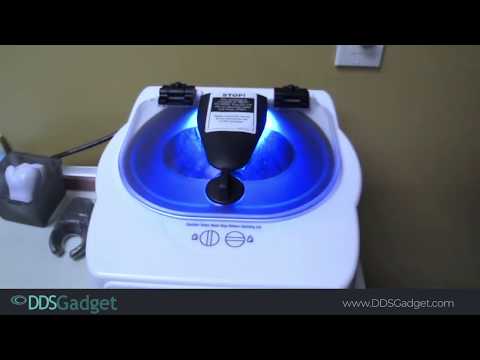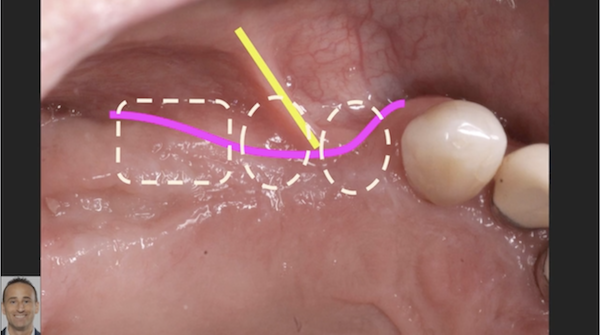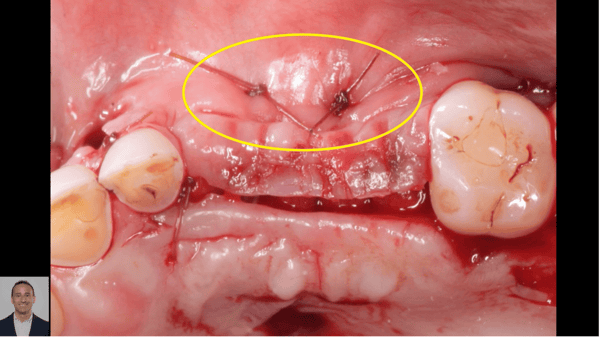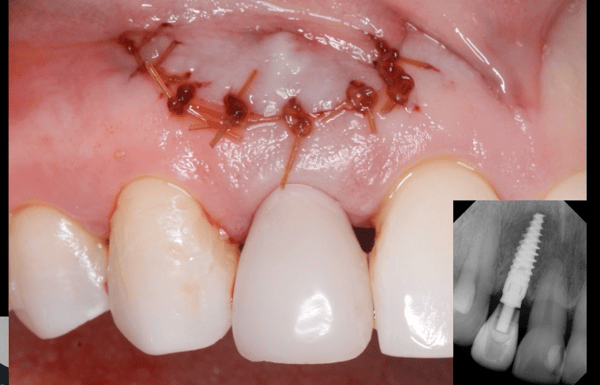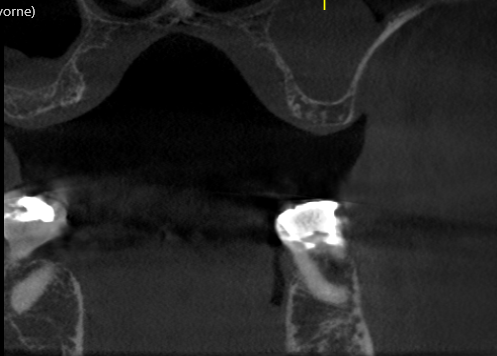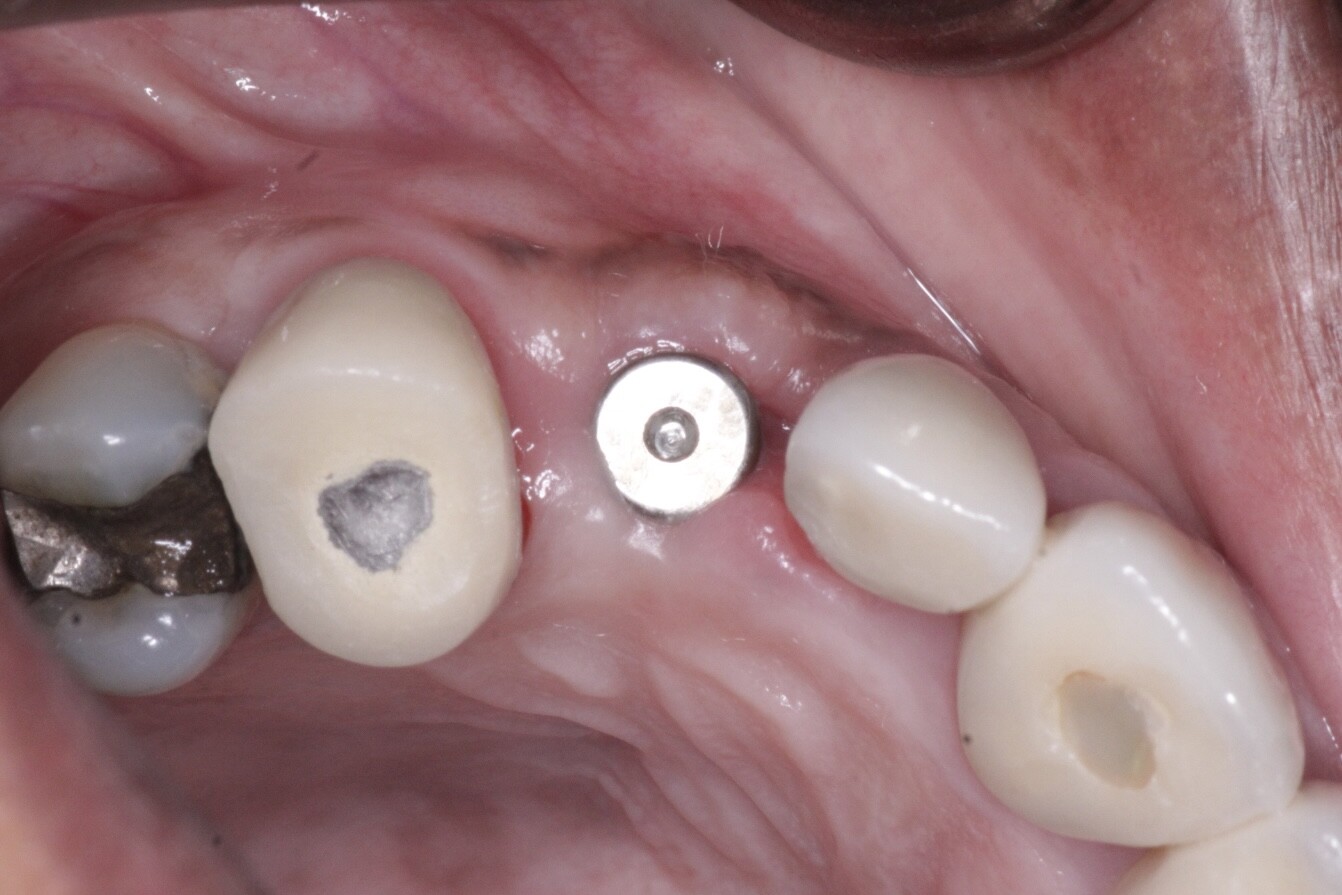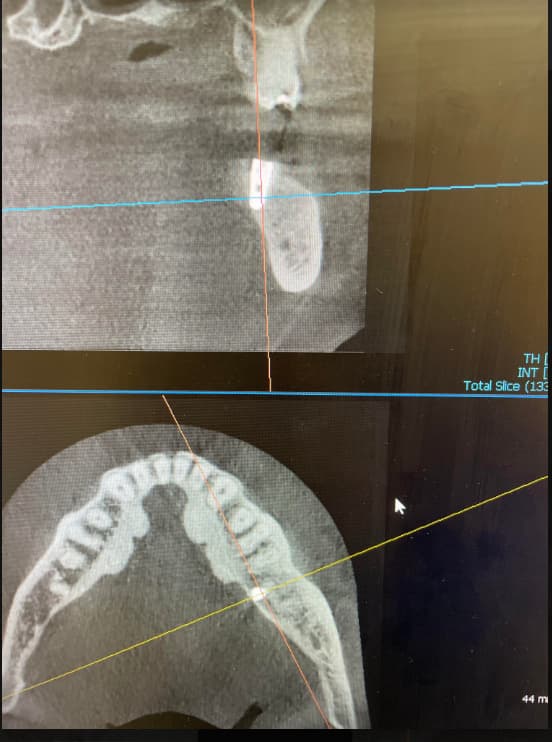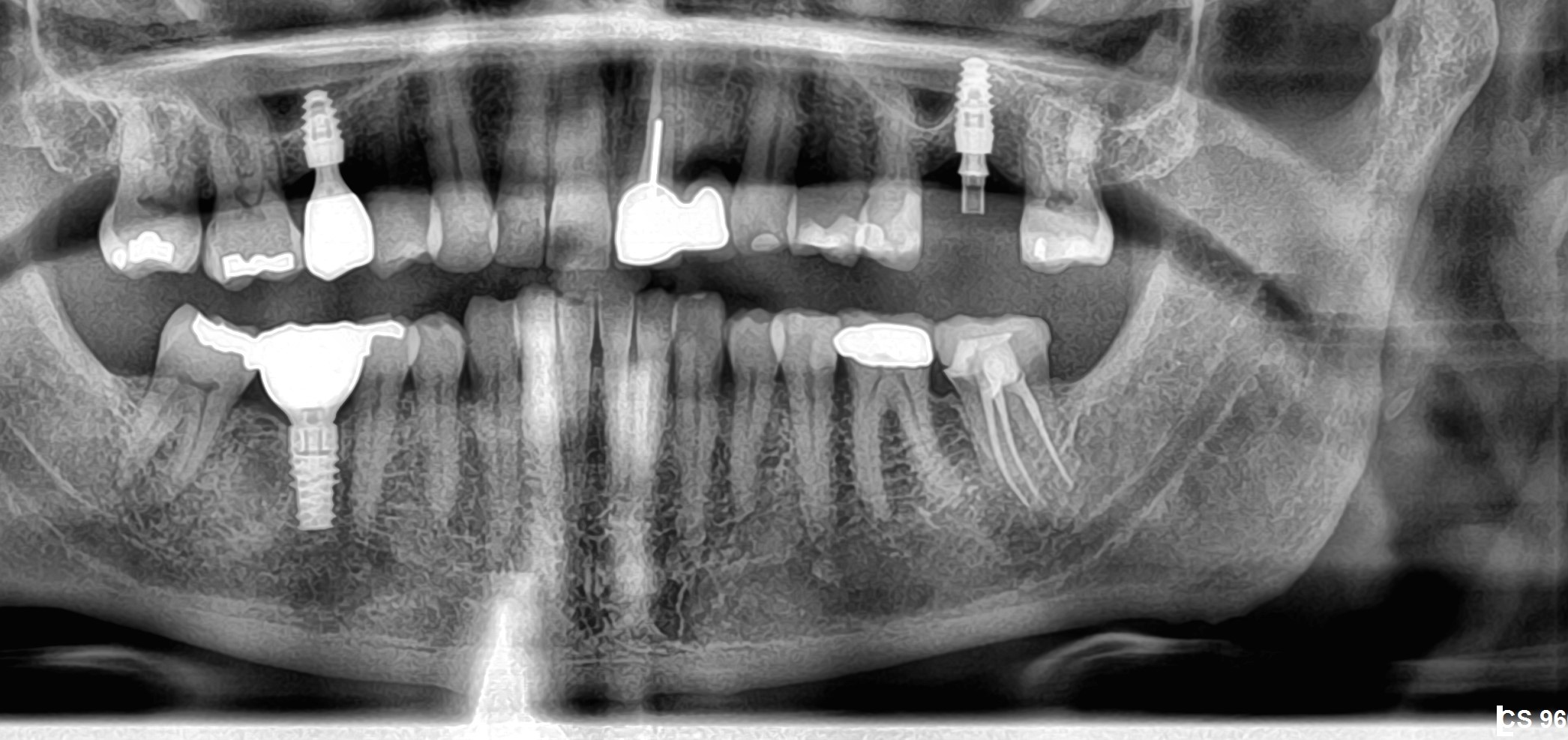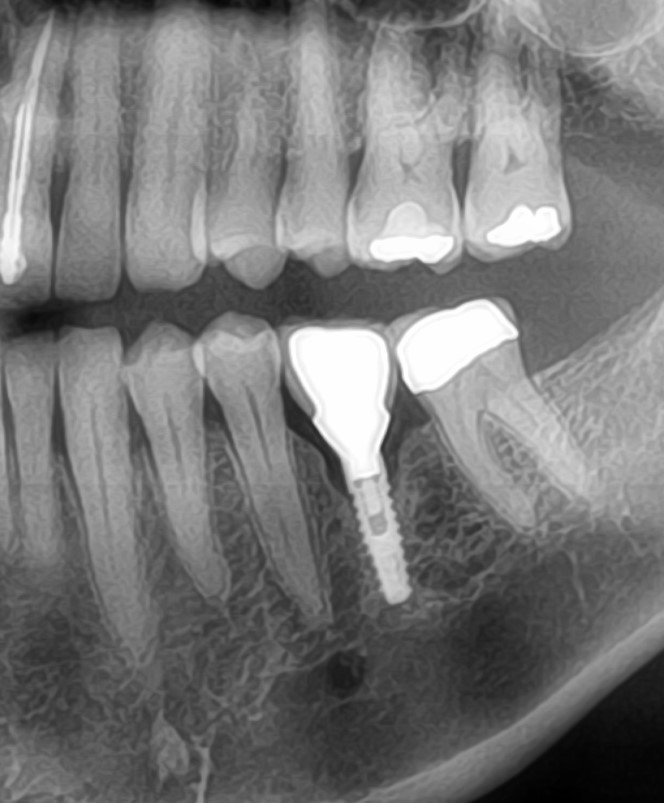Training and Knowledge for Dental Implants
The most significant problem facing dentists who place and restore implants is obtaining adequate training and knowledge and continued development of skills.
We need more continuing education courses with increased access. We also need more hands-on training courses in supervised settings. In this post, we explore some of these educational issues. Please feel free to add your comments.
Acquiring your
knowledge and skills in the course of completing a post-graduate program
or residency is undoubtedly effective. To assert that this is the only
means to acquiring the needed skills and training is short-sighted. The
purpose of continuing education is to refine your previously acquired
skills and to learn new techniques. Continuing education supplements
what we learn in structured programs of study in institutions. If we
only practiced what we learned in those programs and did not avail ourselves
of the many opportunities of continuing education, we would be practicing
only what we learned up until our graduation.
There is a
great deal of valuable information available in peer-reviewed dental
journals. Everybody who places and restores implants relies on the
same common body of peer-reviewed information. The simplest means of
acquiring the knowledge necessary for implants is to study this information.
There are also many excellent textbooks on the subject.
G. V. Black
said that if you become a dentist, you commit to being a perpetual student.
The questions may stay the same but the answers may change over time.
The key is continuous improvement through continuous training. Implants
are just another mode of dental treatment.
Source: Dr. Gary Kaplowitz, Special to OsseoNews.com





